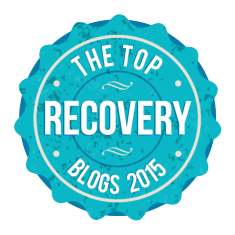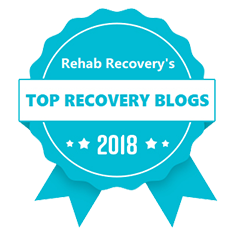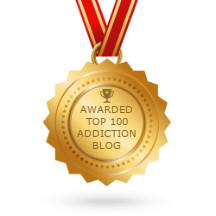This post is a guest post from The Hope House in Arizona – I normally don’t do that many guest posts – but I really liked this one as I’m always happy to help others who may be trying to quit drinking.
5 Ways Taking a Break from Drinking Can Benefit Your Life
Many adults use a drink or two to relax or make socializing easier. But when does a drink or two become three, four, or far too many?
If you are here to learn more about alcoholism treatment options, keep reading to learn more about the risks and ways to seek help.
Reduced Risk of Health Complications
Alcohol can take a serious toll on your physical health, and can often arise seemingly out of nowhere. Even those who don’t think they have a problem may find themselves dealing with health problems in the future.
Health issues that can occur include:
- Heart disease or failure
- Organ failure
- Cancer
- Brain damage
- Weakened immune system
Alcoholism can escalate quickly. What starts as a few drinks a week to take the edge off can soon become a daily habit that you can’t live without. Without precaution, constant drinking can easily become one or more of these health complications.
The effects of alcoholism can be seen not only here, but in other areas of life as well.
Better Social Relationships
Not only is alcohol a dangerous substance to the physical body, it can also be detrimental to your personal life.
When alcohol becomes your first priority, other obligations can be pushed to the side. Family relationships may be stressed or severed due to alcoholism and the emotional toll it takes on others.
In serious cases, alcoholism can interfere with professional obligations as well. Missing work, experiencing memory lapses, or acting inappropriately due to intoxication are only a few of the effects that may cause professional problems.
When alcohol is no longer in the picture, your social, personal, and professional life will be better for it.
Better Sleep
Although many people use alcohol to relax and wind down at the end of the night, alcohol may not be as beneficial for a good night’s sleep as you think. A glass of wine or a beer after the workday can make individuals feel drowsy, and may help with falling asleep initially.
However, drinking often can greatly reduce the quality of sleep you get each night. Restlessness and sleeping lightly are only a few of the problems alcohol can cause while you sleep. So, although you may fall asleep easier, drinking can leave you feeling tired the next day, creating a cycle of less and less energy as drinking patterns continue.
Lowered energy levels can lead to stress and irritability, both of which can negatively affect your mental health.
Improved Mood Stability
Your mental health is just as important as your physical health. In fact, alcohol abuse can have serious negative effects on the brain. These include:
- Poor judgment
- Memory lapses
- Experiencing blackouts
- Slower brain function
Without alcohol, your mood will improve due to increased brain function and less stress in other areas of life.
Those who are already dealing with the harmful effects of alcoholism should do some research to find the best rehab to fit their needs.
Lower Risk of Alcohol Use Disorder
Alcohol Use Disorder (AUD) is defined by the National Institute on Alcohol Abuse and Alcoholism (NIH) as a medical condition and brain disorder that hinders the individual from stopping alcohol use despite adverse consequences to their wellbeing.
Rehab is a great option for those seeking help for alcohol use disorder. Trained professionals can help patients create a plan for recovery and follow it through to success.
Although it may seem like a tall order, rehab may not be as expensive as you think. Start by searching something like “Cigna rehab” into Google, and find out how your insurance can help you.
If you feel like you or a loved one is struggling with alcoholism, The Hope House is here to help. Take some time today to learn more and find out how rehab can help you overcome alcohol abuse for a better quality of life.






